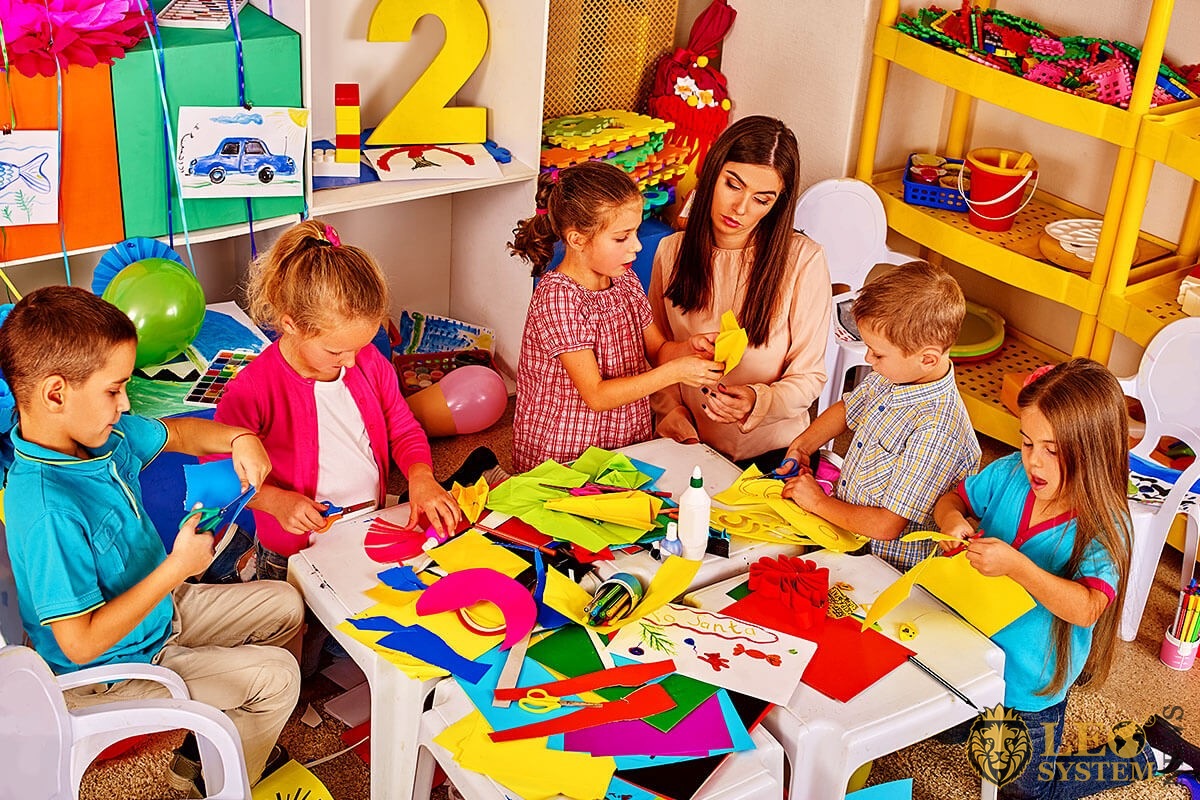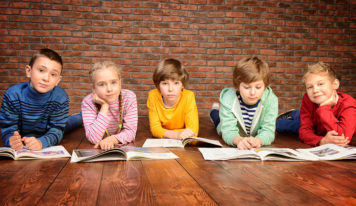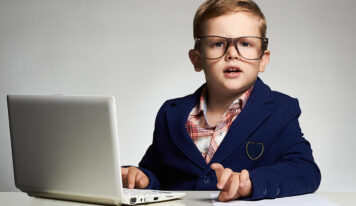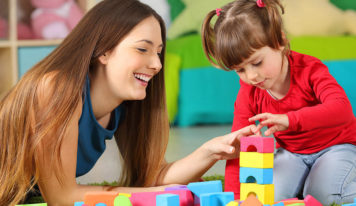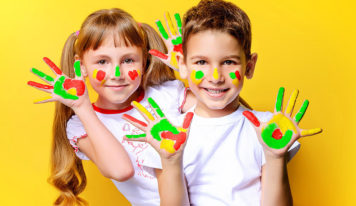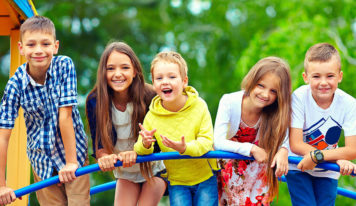We begin the discussion with the Defining Preschool Education. The Preschool education program combines learning with play. It is managed by adults who are specially trained in the psychology of education of preschool children.
This program usually runs for children aged between three and six, but occasionally children of just two can attend.
There is an essential difference between Daycare and Preschool in that preschool concentrates primarily on learning and development.
Around 1960 there was a change in public attitude. Before 1960 it was seen as the responsibility of the parents to provide this earliest education. After 1960 there was a movement towards the state taking this role.
Qualities of a Good Preschool.
Research has shown that children who attended preschool do substantially better throughout the educational journey than children that have not been given this opportunity.
Educational Psychologists work with children to find out how they learn and process information and implement their findings in these early childhood programs.
For example, when studying the psychology of education of preschool children, educational psychologists have identified various learning styles and can match these styles to individual children.
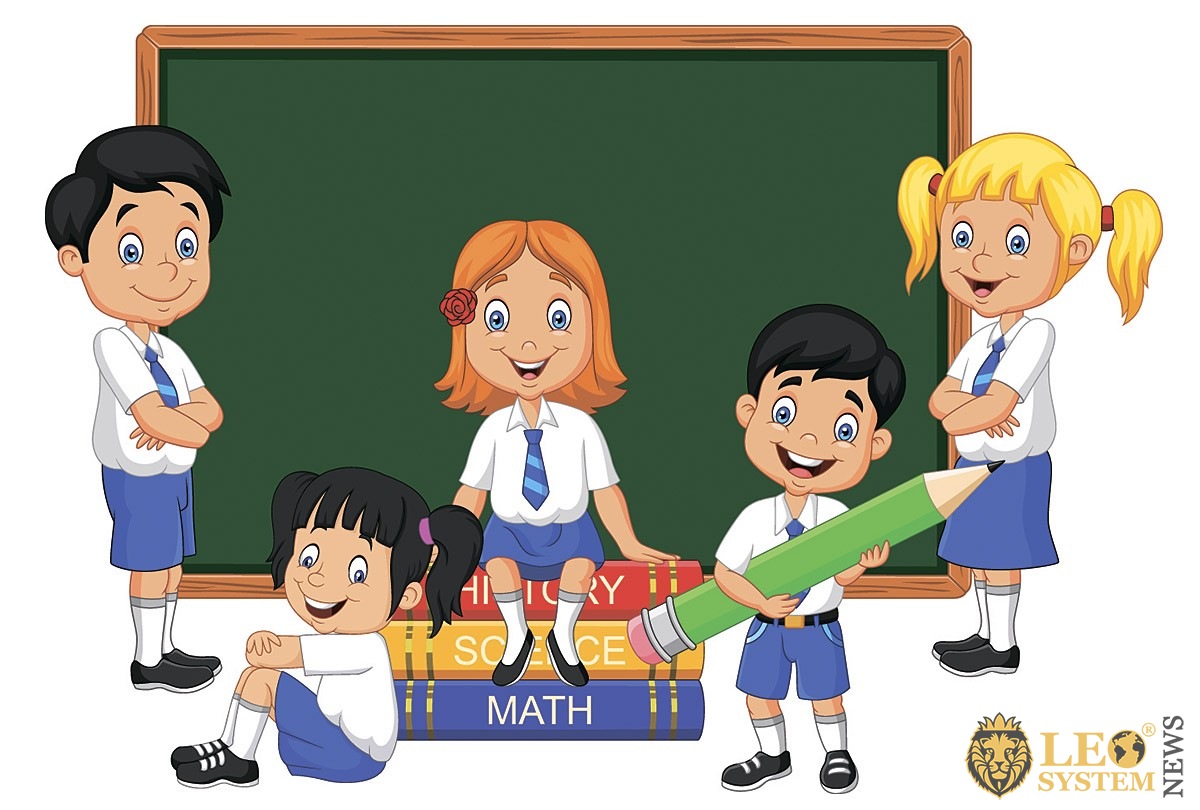
Learning Styles:
- Visual (Spatial).
These learners progress better if they are given something to look at that can explain a concept. (An image, a video).
- Aural (Auditory-Musical).
These are people who learn best by listening. It is hard to use this learning style outside of music.
- Verbal (Linguistic).
These children respond best to something that is either spoken or written. They tend to enjoy reading and writing.
- Physical (Kinesthetic).
These learners like putting into practice what they are learning.
- Logical (Mathematical).
These children are the ones that always want to know why something happens. They respond well to mathematics and science.
- Social (Interpersonal).
These learners work best in groups. They will also be the ones that join in extracurricular activities.
- Solitary (Intrapersonal).
Learners want to be alone when they study. They make the best progress when they can work on a problem alone without interruption.
Through the studies by these educational psychologists, preschool children now learn in a variety of ways, and lesson plans will record the types of learning styles utilized.
What does High-Quality Preschool do for Your Child?
Teachers will support the physical development of the child such as Gross Motor skills (the movement of arms and legs), Fine Motor skills (movement of fingers and hands). They do this by creating opportunities for the children to use their hands, run, jump, catch balls and so on. These are examples of Kinesthetic learning.
Preschool will have children working in groups (interpersonal learning). By playing and learning as a group, the child will develop their social, language, and self-control skills.
Emotional development is taught as children are taught to understand their feelings and the feelings of others. This is no coincidence; this is all part of a strategy that implements the results of Educational psychology research.
Language and literacy development assists children to think in a more sophisticated way.
Cognitive skills (thinking) develop when children can think in a more sophisticated way. If a child can handle frustration, they have a valuable tool in learning more efficiently.
A teacher can teach all of the following:
- Designing and using interesting teaching materials that work with people of varying learning styles.
- Promoting ideas that lead to more complex forms of play and thinking.
- Asking questions that stretch the child’s ability to think.
Advantages of Preschool.
In the first years of life, children acquire the core skills that will lay the groundwork for progress later in their school careers.
Many studies have shown that not only do children who have attended preschool do better than others within the school environment. They also have been shown to achieve more success in their careers and home life as adults.
Improvements Identified:
- Gross motor Skills;
- Fine motor Skills;
- Language Skills;
- Communications Skills;
- Creative Skills.
Disadvantages of Preschool.
There are no disadvantages in principle. Educational psychologists have identified that the children that gain the most from preschool programs are those from deprived backgrounds. They want to compensate for their problems with better education and prospects in the future. Although they are still very small!
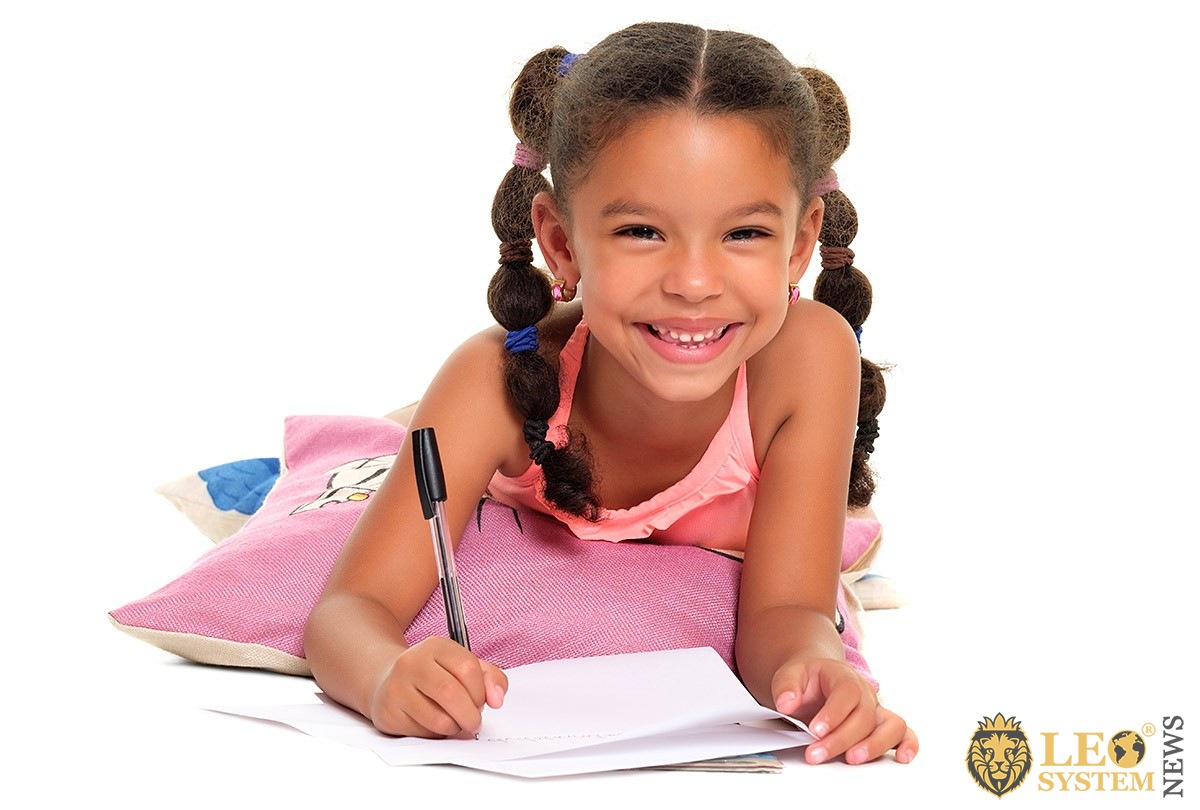
However, for economic factors, it is rare for the services serving these communities to have enough resources to provide the services that they would wish to offer.
Services serving more wealthy communities can afford to carry out the procedures identified by psychologists.
Looking Deeper at Educational Psychology.
Educational Psychology is the discipline that studies the mechanism of how children and adults learn. It also deals with the retention of material once it is absorbed.
This study will include emotional, social, and different cognitive processes that will be present in various educational settings.
This will involve the study of both teaching and assessment methods, together with the design of the classroom environment.
Mostly the study of educational psychology is aimed at children of all age groups. However, in recent years, there has been an increase in work on studying adult learning. This is a result of the recognition that adults are returning to education more than in the past.
In modern times the serious study of educational psychology can be traced back to Edward Lee Thorndike, who wrote the book «Educational Psychology».
We can trace the discipline back even further to classical times to Democritus in fifth Century BC Greece, who wrote around the subject of the influences of home and family in the education of the child.
Topics within Educational Psychology:
- Instructional Design;
- Special Education;
- Educational Technology;
- Organizational Learning;
- Gifted Learners;
- Curriculum Development.
You can see from the above list that educational psychology has been incorporated in many aspects of the teaching profession. Most of these may seem very theoretical, and you might be wondering if these concepts filter down to the classroom. The answer is yes, most certainly. All of these considerations are actually part of the design of the lesson plans that teachers will create before they give a lesson in class.
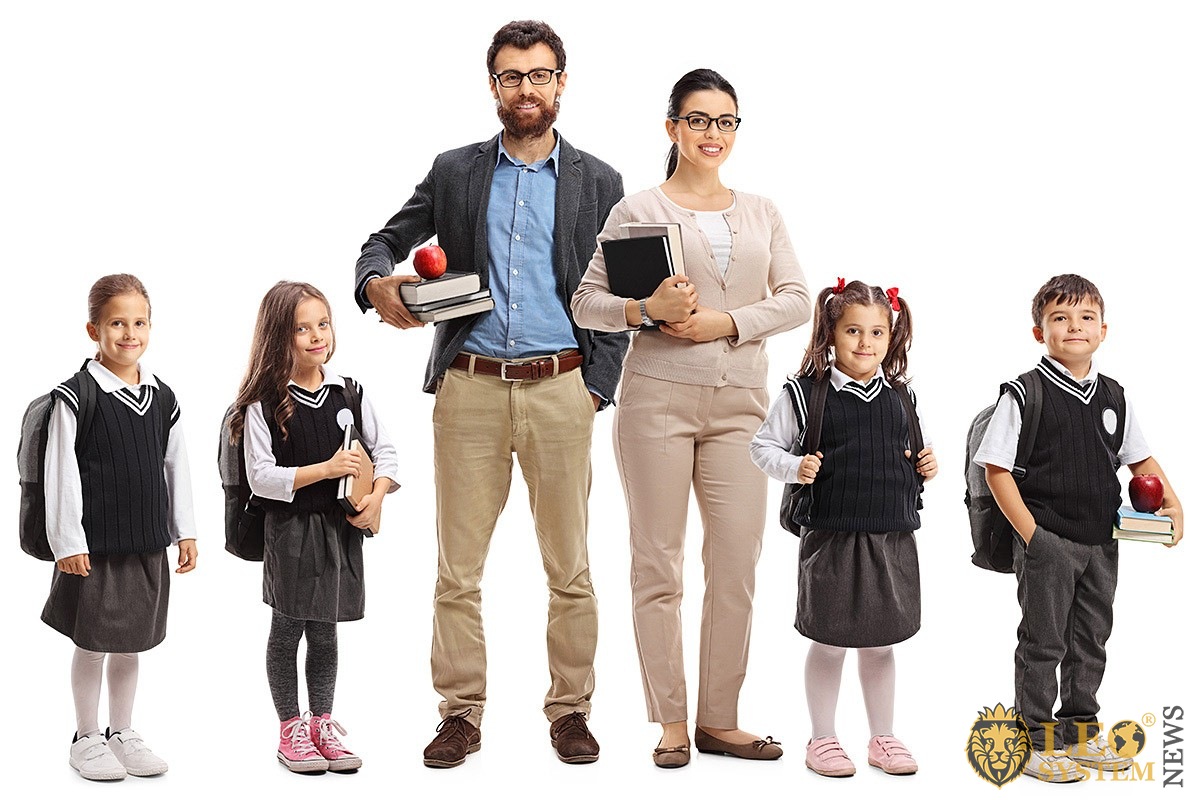
Assessments.
One straightforward example of the impact of psychology in education is how we assess children now. There was a time when the child’s future was decided by an examination alone.
These days, in many countries, educationalists have recognized that some children do not deal with exams well, even though they know.
These days it is not that uncommon for children to be assessed by a combination of examination and coursework in acceptance that many people have different styles of both learning and demonstrating knowledge.
Final Thought.
Teaching today has educational psychology deeply ingrained. Educational institutions incorporate it into their courses and teaching material. The psychology of education of preschool children is now a mainstream component in education.
Read an interesting post: The Concept of Good and Evil for Children

















